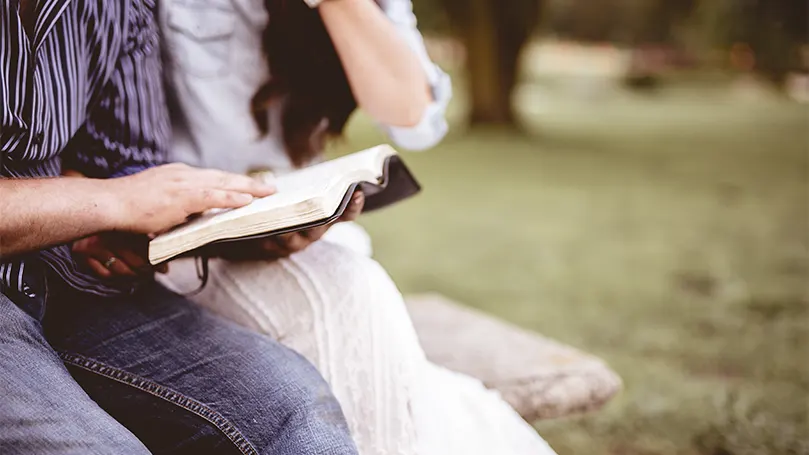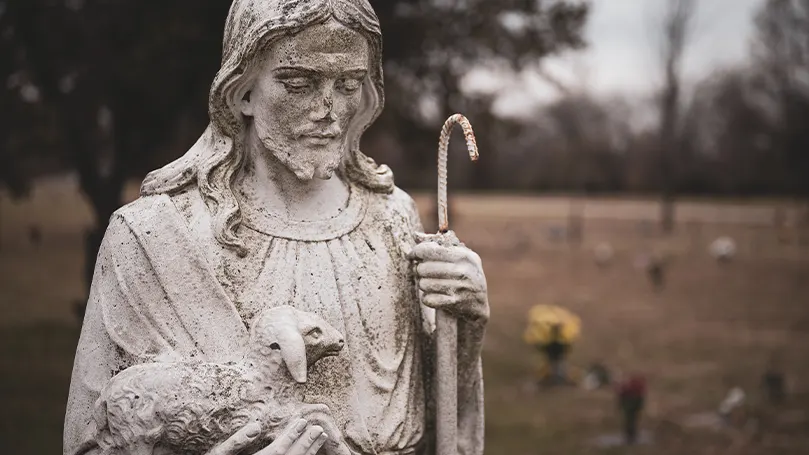The History of World Religion Day
If you live in the West, we wouldn't fault you for assuming that World Religion Day was a byproduct of Christianity or the Muslim fate. After all, they're huge and monumental religions that you hear about every day.
However, this annual event was actually started by the Bahá'í Faith back in 1947. On that day, the National Spiritual Assembly of the Bahá’í Faith was set to take place in Eastland Park Hotel, Portland, Maine. And this assembly originally bore the name World Peace Through World Religion. As you can see, their mission statement was rather transparent.

And when you look at the Bahá'í Faith up close, it makes a lot of sense. They believe that all the religions in the world stem from the same god. Also, they believe that all people are equal regardless of the religions practised. So, their spiritual principles aligned perfectly with interfaith understanding and the goal of World Religion Day.
The event would get its official name in 1950 and the date for World Religion Day was set as the third Sunday in January. World Religion Day observances were practised every year since with individuals from all major religions doing their best to explain their faith and culture to other attendees.
How to celebrate World Religion Day
Just like with any holiday or event, World Religion Day can be as extravagant or as subtle as you'd like. The only golden rule is that you should learn about or interact with different religions in order to gain insight.
So, if you'd like to learn about the world's religions, we recommend giving this BBC article a look. It's chock-full of different resources you can use in order to learn more about different faiths.

And if you'd rather be social than just read an article, you can easily find online communities. They have no issue discussing this usually taboo subject. Platforms like Twitter or Reddit are sure to have what you're looking for. But be sure you're talking to genuine believers in these interfaith events and not just someone trying to incite a row.
Lastly, look at your own social circle and the wider community. You can promote understanding to your somewhat jaded loved ones or have a nice discussion about the differences in core principles with a neighbour who's of a different faith. As long as you keep things respectful and practice the tenets that we're all born equal and have the same rights, your World Religion Day celebration should go off without a hitch.
Do religious people sleep better?
In the spirit of talking about religion, let's talk about how it affects sleep. We wouldn't blame you for thinking that there was no possible correlation between the two. However, the research does hint at some vague connection.
Religion is better for your health
Believe it or not, there seems to be a link between religious beliefs and better overall health. It isn't anything conclusive nor a one-to-one comparison but people who described themselves as religious seemed to have fewer physical symptoms from cancer.
And a different study found that strong religious beliefs were possibly tied to better overall mental health. Although this is just a broad stroke of the brush, as we all know how conservative religious practices can marginalize certain groups of people.
Nevertheless, there does seem to be some type of connection between religion and health. This fact carried over into our neck of the woods, as religious people on average have better sleep quality and longer sleep duration than their non-believing peers. But why?

You're less likely to form bad habits
An aspect of religion that impacts your sleep quality is that you're discouraged from certain “earthly pleasures”. Things like smoking, drinking and drugs are usually frowned upon or banned. That's why being religious means you're less likely to partake.
And since these things usually affect your sleep quality in a negative way, it could explain why religious people tend to sleep more soundly. Even giving up fatty foods can be quite beneficial as eating them before bed can keep you awake for quite some time.
Of course, you can be an atheist and still avoid all of these things but when looking at the larger picture, religion does technically aid a lot of people.
You're less stressed
As we've mentioned briefly, religious people tend to have better mental health than those who do not believe in a higher power. And on a surface level, this isn't too difficult to understand.
If you believe that your own fate is in the hands of a benevolent being, you're less likely to stress about your current predicament. And if you think that everything happens for a reason, even tragedy won't weigh as heavily on your mind as if you thought it was all random.
Plus, religious beliefs tend to tie in with a sense of community and belonging. So, religious people tend to have good support groups that can help them out when times to get tough.
Again, none of this is air-tight evidence and it doesn't have to reflect your own experience. These were just the stats that were presented to us and our own two cents on the matter.













There are no comments yet
"*" indicates required fields